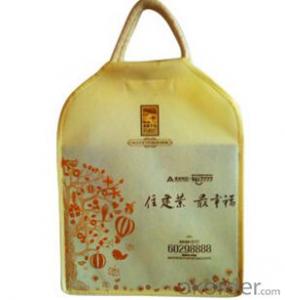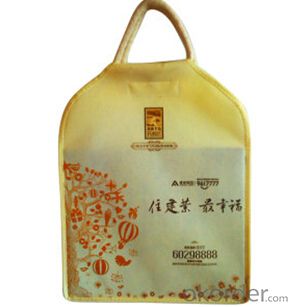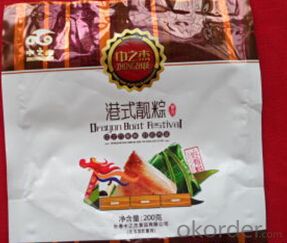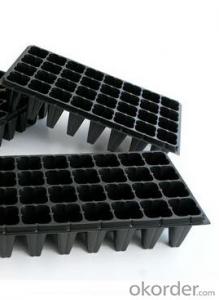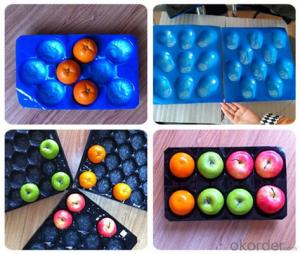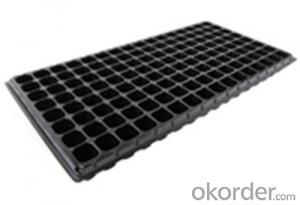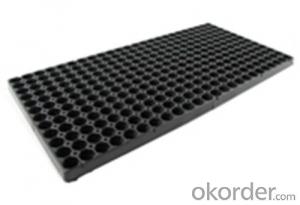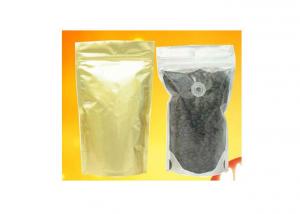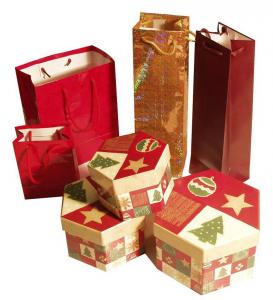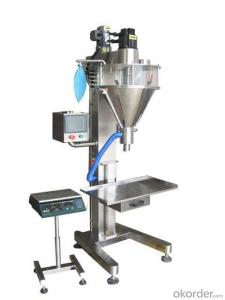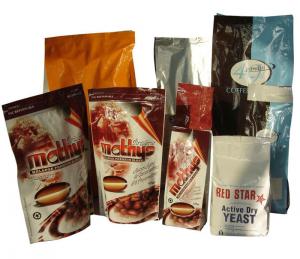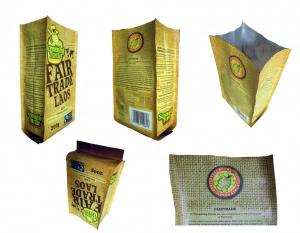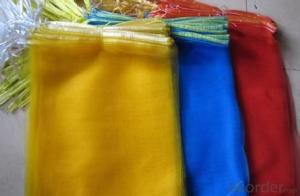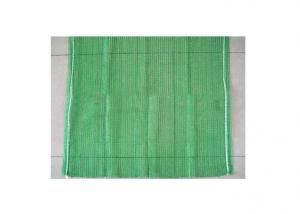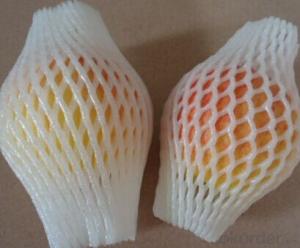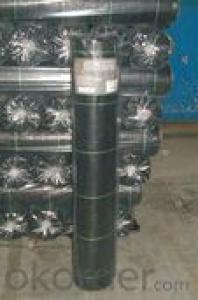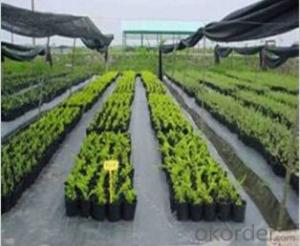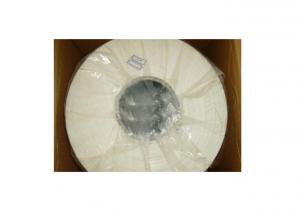Food Self-Supporting Bag
- Loading Port:
- Qingdao
- Payment Terms:
- TT OR LC
- Min Order Qty:
- -
- Supply Capability:
- 50000pcs m²/month
OKorder Service Pledge
Quality Product, Order Online Tracking, Timely Delivery
OKorder Financial Service
Credit Rating, Credit Services, Credit Purchasing
You Might Also Like
Description:
1). Material: Eco-friendly non-woven fabrics.
2). Printing: CMYK silkcreen printing, heat transfer, lamination, etc.
3). Handle: Self non woven fabric stitched with "X" to reinforce, "X" not visible from the outside
4). Weight: 80GSM, 60-120GSM non woven fabric can be choose.
5). Size: Your request is welcomed, customized.
6). Features: Eco-firendly, high quality, recyclable, reasonable price, 100%manufacturer.
7). Application: Suitable for advertisement, gift bag, grocery store, surpermarket shopping, sales promotion and so on.
8). Color reference: CMYK/PMS/full color
Item no. XHWK001
Size: 30cmW*45cmH
Material non woven
Weight: 80gsm
Piping: No piping, inside sew
Handle: Non woven
Print: Silkscreen
Others: Punched plastic handle
Label: As customized sew or not sew "made in china" label
Packing: 100pcs per carton; 1 opp bag for one carton or customerized
OEM order are acceptable
Advantage:
1)Strong quality control system
2) Competitive price
3) High quality goods
4) Fast reply within 24hours
4) Timely delivery
1). Material: Eco-friendly non-woven fabrics.
2). Printing: CMYK silkcreen printing, heat transfer, lamination, etc.
3). Handle: Self non woven fabric stitched with "X" to reinforce, "X" not visible from the outside
4). Weight: 80GSM, 60-120GSM non woven fabric can be choose.
5). Size: Your request is welcomed, customized.
6). Features: Eco-firendly, high quality, recyclable, reasonable price, 100%manufacturer.
7). Application: Suitable for advertisement, gift bag, grocery store, surpermarket shopping, sales promotion and so on.
8). Color reference: CMYK/PMS/full color
Item no. XHWK001
Size: 30cmW*45cmH
Material non woven
Weight: 80gsm
Piping: No piping, inside sew
Handle: Non woven
Print: Silkscreen
Others: Punched plastic handle
Label: As customized sew or not sew "made in china" label
Packing: 100pcs per carton; 1 opp bag for one carton or customerized
OEM order are acceptable
Advantage:
1)Strong quality control system
2) Competitive price
3) High quality goods
4) Fast reply within 24hours
4) Timely delivery
- Q: What types of plastic covers are used for hay bales?
- There are several types of plastic covers used for hay bales, including traditional bale wrap, silage wrap, and round bale covers.
- Q: Will a 2009 Kawasaki KX250F Acerbis Plastic Kit fit on a 2008 Kawasaki KX250F???????????????
- Not sure...It says 04 to 08 I cant find where 09 will fit...don't mean that it won't..it just might be to soon into 09..
- Q: Are nursery trays suitable for starting herb cuttings?
- Yes, nursery trays are suitable for starting herb cuttings. They provide a controlled environment for the cuttings to take root and grow, with ample space for multiple cuttings to be placed and monitored. Additionally, the trays often have drainage holes, which help prevent overwatering and promote healthy root development.
- Q: How do agricultural plastic products aid in fruit and vegetable production?
- Agricultural plastic products aid in fruit and vegetable production by providing various benefits. They can be used as protective covers or mulch to create a controlled environment, shielding plants from extreme weather conditions, pests, and diseases. Plastic mulch helps conserve soil moisture, suppresses weed growth, and regulates soil temperature, resulting in improved crop yield and quality. Additionally, plastic containers or bags are commonly used for packaging, preserving, and transporting fruits and vegetables, extending their shelf life and maintaining freshness.
- Q: Do they dry out or does the resealable plastic bag actually work well.
- Most of the answers below pretty much sums it up. I have been told that you can use the Gulp Alive spray on Berkley Gulp to help keep them fresh.
- Q: Are nursery trays suitable for starting plants from tubers?
- Yes, nursery trays can be suitable for starting plants from tubers. The trays provide a controlled environment for the tubers to germinate and grow, allowing for easy monitoring and care. The trays also help prevent the tubers from rotting or being damaged during the early stages of growth. However, it is important to ensure that the trays have proper drainage to avoid waterlogging, as tubers are susceptible to rot in overly moist conditions.
- Q: Can ground cover be grown in containers?
- Yes, ground cover can be grown in containers. Ground cover plants can be successfully grown in containers as long as the container is large enough to accommodate the plant's root system and provide adequate drainage. It is important to choose appropriate ground cover species that are well-suited for container gardening and ensure they receive proper care, including sufficient sunlight, watering, and occasional fertilization.
- Q: I need to find metallic paint for both metal and plastic surfaces, but it CANNOT be spray on. (the fixtures I'm painting can't be removed) Any suggestions?
- Most paints are good for both metal and plastic. - but you have to prepare the surfaces - sanding the surfaces is pretty good. Paint stores sell a de-glosser that will prepare them to be painted. --- You don't want to use spray paint - but walmart sells a spray paint especially made for slick surfaces (plastic and metal) -- maybe a paint store would sell paint in a can that is also made for slick surfaces (metal and plastic that has not been sanded) edit: only a light sanding is needed to prepare the surface.
- Q: I am interested about the pyrolysis of waste plastic and to known more details about this process.
- complex problem. do a search onto yahoo. that will may help!
- Q: Can agricultural plastic products be repurposed for uses outside of agriculture?
- <p>Yes, agricultural plastic products can be used for various purposes beyond agriculture. They can be repurposed for construction materials, such as in the production of plastic lumber for fencing or decking. They can also be used in manufacturing to create consumer goods like containers or packaging materials. Additionally, some plastics can be recycled into new products, reducing waste and promoting sustainability. However, it's important to ensure that any repurposing complies with safety and environmental regulations.</p>
Send your message to us
Food Self-Supporting Bag
- Loading Port:
- Qingdao
- Payment Terms:
- TT OR LC
- Min Order Qty:
- -
- Supply Capability:
- 50000pcs m²/month
OKorder Service Pledge
Quality Product, Order Online Tracking, Timely Delivery
OKorder Financial Service
Credit Rating, Credit Services, Credit Purchasing
Similar products
Hot products
Hot Searches
Related keywords
